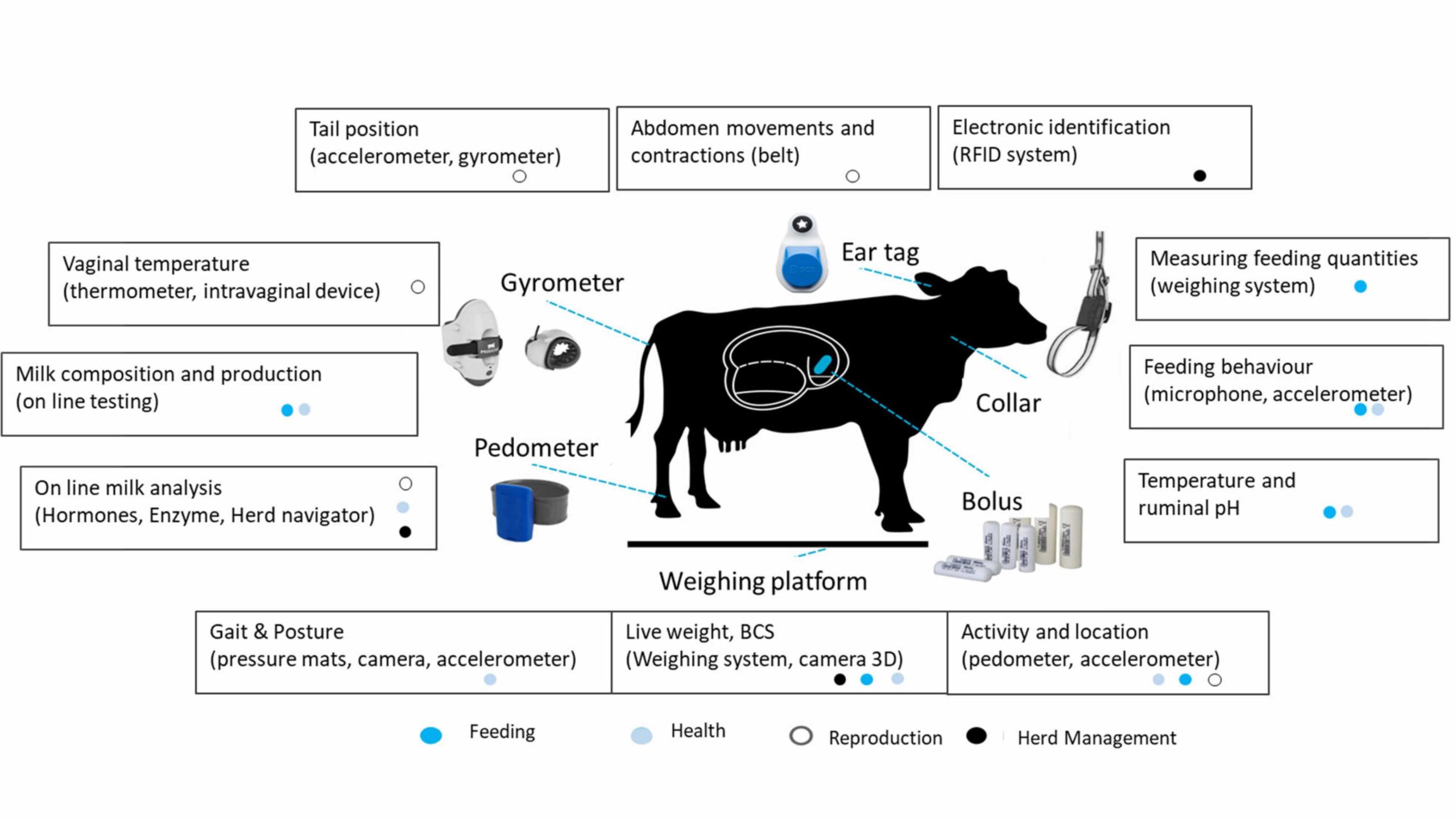Domitila Revilla Romero, 56, lives in a shantytown on the outskirts of Lima and works as a laundress to help support her three children, her nephew, and her daughter-in-law, all of whom earn increasingly precarious livings. But as food prices rise, Ms. Revilla is not only finding it harder to make ends meet, sometimes she cannot even put food on the table. It is a predicament that has left her in tears.
Ms. Revilla said that in March alone, the price of the cooking oil she buys increased 75 percent, from the equivalent of US$1.43 to US$2.50, while the price of rice rose by more than 50 percent, from US$0.64 to US$1.00. For someone who earns US$1.80 per dozen items laundered, and who already spends a disproportionate amount of her income on food, these increases mean that Ms. Revilla and her family will be going hungry far more often.
For more on how rising food prices are affecting the poorest and most vulnerable, and on emerging solutions to this crisis, see IFPRI’s Food Prices page…







